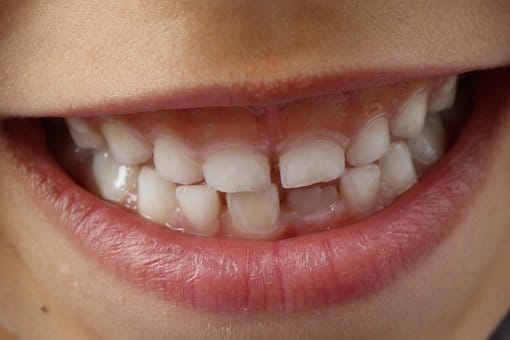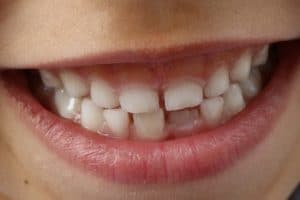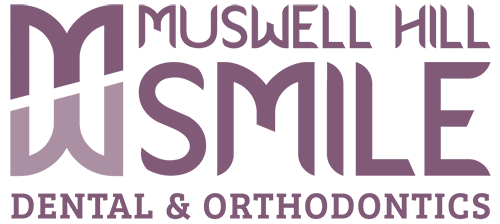
For most babies, the teeth erupt between four and six months of age. The first teeth to appear are the bottom two front teeth, followed by the matching pair of teeth on the upper jaw. Then the rest of the primary teeth erupt slowly until all 20 of the baby teeth are in with ten on the top and ten on the bottom, which typically occurs by the age of three.
The first adult molars will erupt behind the primary molars in the back of the mouth by the age of five or six, two molars will erupt on the top and two on the bottom.
During tooth transition period, the deciduous teeth will begin to wiggle. They will eventually shed one by one and subsequently the permanent teeth underneath will in turn erupt into their spaces.

This mixed dentition period normally lasts from the age of 6 until approximately the age of 12. The best way to prepare for adult teeth is to take good care of the baby teeth.
Between 6-8 years of age, the first permanent molars will erupt and the deciduous incisors will gradually be replaced by the permanent incisors. Between 9-12 years of age, the canines, premolars and second molars will erupt to replace their deciduous predecessors.
It’s important that your child practices good oral hygiene and visits regularly the family dentist for routine check-ups and professional cleanings.




